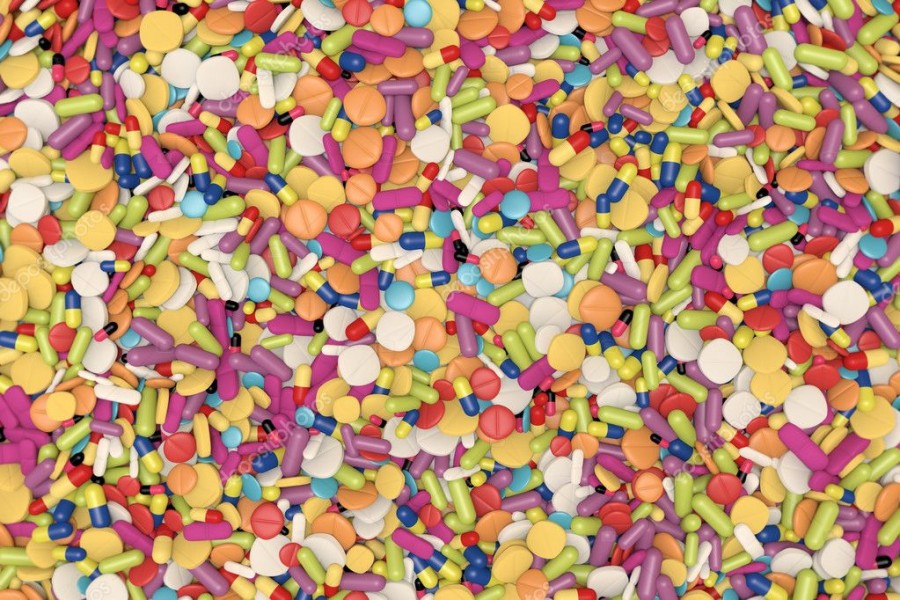
Published :
Updated :

Date-expired and substandard foreign medicines are reportedly entering the country's local markets through informal channels due to lax monitoring and supervision. Although authorised agencies are allowed by the Directorate General of Drug Administration (DGDA) to import only registered drugs and medicines, about 20 to 25 per cent of foreign medicines enter the local markets through unauthorised channels. Besides, date-expired drugs, too, constitute a bulk of the total consignment. The practice has been on for long and the DGDA, despite being mandated to rein in marketing of spurious and substandard drugs, is yet to make its role visible in ensuring safe drugs for the people. The DGDA, however, refuses to accept the allegation and puts the blame squarely on a section of drug importers who resort to newer methods to flout government rules governing drug imports.
Beside unauhorised imports, reports about spurious drugs have been making shocking news stories in recent times. Isolated attempt at bringing to book the manufacturers of substandard, even outright fake and counterfeit drugs without follow-up actions proved rather futile. Routine inspection of the many so called pharma companies across the country or on a lesser scale, collection of sample drugs from the market on a regular basis should well serve to examine the authenticity of drugs by confirming genuine formulation, manufacturing practices and compliance. This is not to say that the Department of Drug Administration has no knowledge about the manufacturers of these drugs. But all it lacks is enforcing penal action, or the strong will and intent to do so. Last year, the parliamentary standing committee on the health ministry appointed an expert committee which recommended revoking licences of the substandard drug manufacturers as well as of those which failed to comply with the good manufacturing practices. Although months have passed since the recommendation came from such a high-level body, there has not been any follow-up action from the concerned authorities.
Experts hold that a pharmaceutical factory run in accordance with best practices does not need to be the most technologically advanced, nor does it need to use state-of-the-art equipment for manufacturing all varieties of drugs. However, it costs to bring a factory up to standard, train the staff on appropriate protocols, and observe them consistently. There are many manufacturers in developing countries that observe international best practices. Others simply do not but they operate anyway either because the regulatory authority is unaware of the problem or they are in league with them.
The worst that these substandard and spurious drugs pose is that these are mostly meant for common ailments and consumers, with or without physician's prescription, find it convenient to buy them -- relatively low-priced as those are. The big issue that must not be ignored is about the medicos who prescribe these drugs? Unfortunate though, it must not be seen as totally unwarranted to brush off any probable nexus. It is quite logical to ask how these spurious or substandard products get a sizeable market share in the competitive drug market if these are not methodically promoted. This is one important area that the authorities may consider crucial for curbing the menace.


 For all latest news, follow The Financial Express Google News channel.
For all latest news, follow The Financial Express Google News channel.